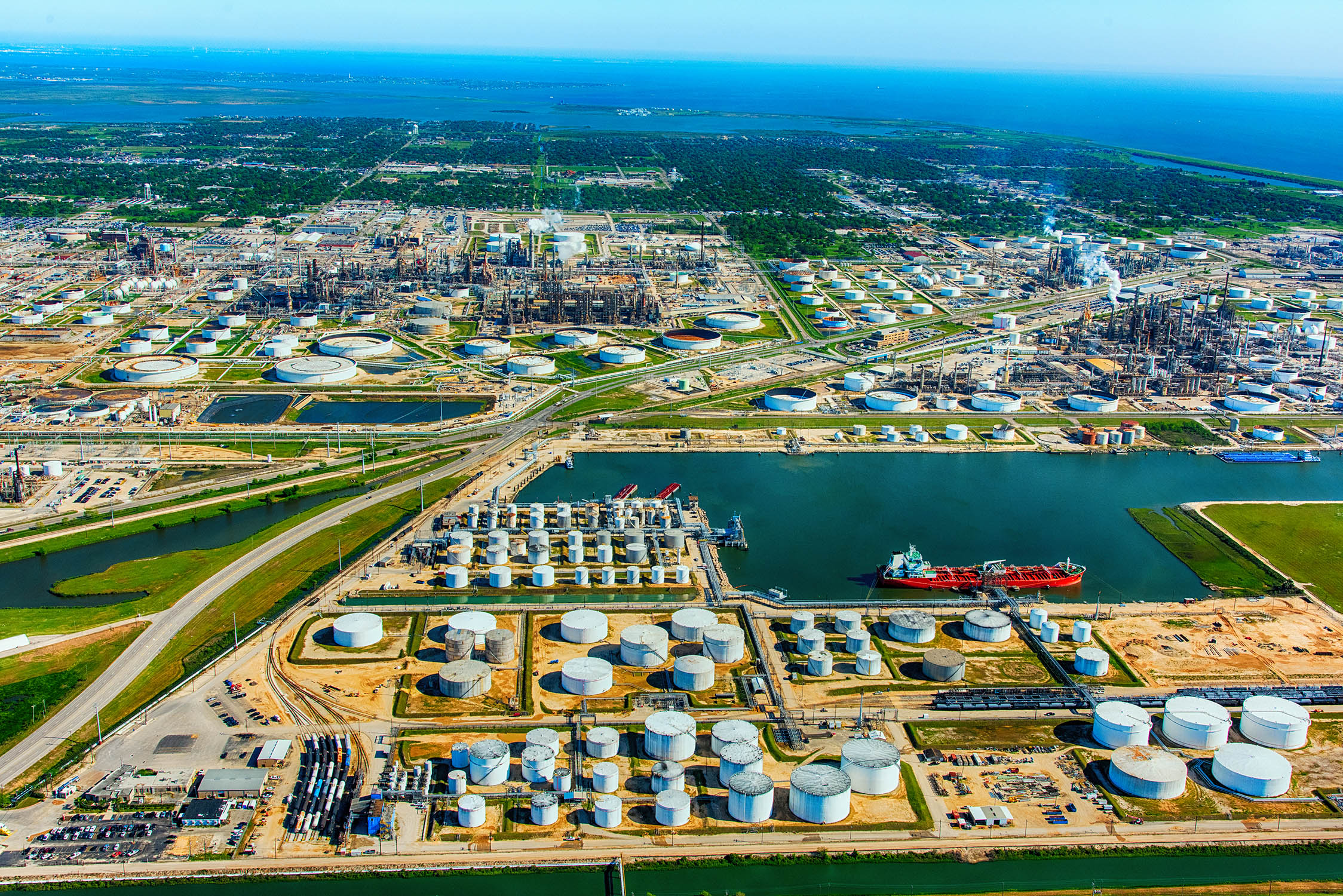
Experts in the Texas A&M University Department of Geography are teaming up with civil and chemical engineers and water resource, disaster recovery and public health researchers across the campus in a collaborative effort to better safeguard Texas Gulf Coast communities against climate-related emergencies, fueled by a three-year, $1.5 million grant from the National Academies Gulf Research Program (GRP).
The project, titled "Climate-LEAD: Climate Effects on Localized Environmental Health Disparities in Overburdened Texas Communities along Gulf Coast," is led by Texas A&M Assistant Professor of Geography Dr. Lei Zou and unites a diverse team of researchers from multiple departments within four Texas A&M colleges and schools — the College of Arts and Sciences, the College of Engineering, the School of Architecture and the School of Public Health. The interdisciplinary collaboration spans researchers at various career stages, including junior, mid-career and senior professionals
Zou, a faculty fellow in the Hazard Reduction and Recovery Center (HRRC), serves as principal investigator for the grant, one of four recently awarded by the GRP to advance the understanding of climate change effects on local health disparities. Collectively, these projects will create a series of models to better understand how environmental hazards influence human health outcomes and how those hazards will be affected by climate change under varying scenarios and time frames.
“Most models and data information products that identify vulnerable areas overburdened by pollution and susceptible to increased climate hazards are typically built on national datasets with limitations in data quality, coverage and scale resolution,” said Daniel Burger, senior program manager of the GRP’s Gulf Health and Resilience Board. “These awarded projects offer an opportunity to develop more robust models that incorporate localized data that enable community stakeholders, planners and decision-makers to fully understand current and future health risks to make the best decisions for their communities.”
Adverse conditions such as extreme heat, sea-level rise, flooding and extreme weather events are occurring more frequently and simultaneously, often interacting with non-climatic risks that threaten human health and well-being, such as heat-related stress and air and water pollution. Communities overburdened by these non-climatic risks are likely to experience more intense health impacts from climate change as adverse conditions compound, resulting in greater health disparities when compared to communities less exposed to environmental hazards. These disparities are particularly relevant to flood-prone communities in proximity to oil, gas and petrochemical facilities such as those located along the U.S. Gulf Coast.
Zou notes that the central goal of Texas A&M’s research is to anticipate and address the health consequences of climate change-induced air pollution and water insecurity in at-risk Texas communities situated near petrochemical facilities along the Gulf Coast. Through the seamless integration of recently established databases, localized models, web-based geographic information systems (webGIS), strategic frameworks, and community engagement, the project strives to formulate practical strategies that empower stakeholders to strengthen their ability to withstand evolving environmental pressures and safeguard public health.
“This project will pave the way for the development of state-of-the-art fine-scaled and localized databases, predictive models and innovative tools to combat environmental hazards under climate change,” Zou added.
Zou is joined by project co-principal investigators Dr. Wendy Jepson and Dr. Heng Cai from the Department of Geography, Dr. Qingsheng Wang from the Artie McFerrin Department of Chemical Engineering, Dr. Shankar Chellam and Dr. Qi Ying from the Zachry Department of Civil and Environmental Engineering, Dr. Michelle Meyer and Dr. Siyu Yu from the Department of Landscape Architecture and Urban Planning and the HRRC, and Dr. Natalie Johnson and Dr. Itza Mendoza-Sanchez from the School of Public Health.
Founded in 2013, the Gulf Research Program is dedicated to enhancing offshore energy safety, environmental protection and stewardship, and human health and community resilience in the Gulf of Mexico and other U.S. coastal regions.
To learn more about the project or the Gulf Research Program, contact Zou directly.

